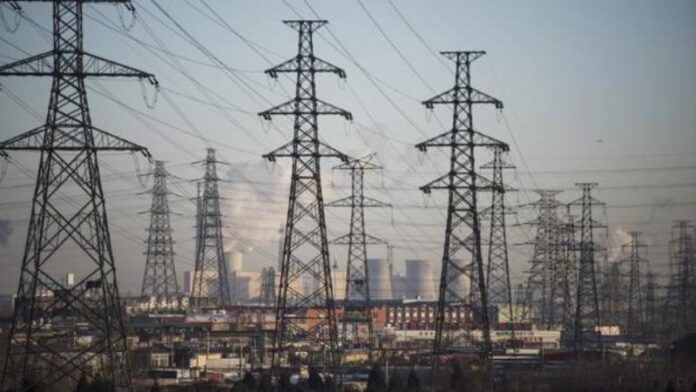ISLAMABAD: The Cabinet Committee on Energy (CCoE) has directed the Power Division to proceed with the payments of all 11 Independent Power Producers (IPPs) as per the signed agreement except a company whose cases are under investigation at the National Accountability Bureau (NAB).
As per details, a meeting of CCoE was held under the chairmanship of the Federal Minister for Planning, Development and Special Initiatives Asad Umar here in Islamabad on Monday.
The Power Division, during the meeting, submitted a report of the Implementation Committee on the ratification of the IPPs Agreement, under the 2002 Power Policy. After a detailed discussion, CCoE approved the final report of the Implementation Committee and directed the Power Division to proceed with the payments of all 11 IPPs as per the signed agreement except a company whose cases are under investigation at NAB.
According to sources, IPPs of the 2002 Policy will now receive 40 per cent payment except Nishat Chunian.
The Power Division also submitted the winter incentive package for electricity consumers from 1st November 2021 to 28th February 2022 and the CCoE approved this package.
The CCoE further directed the Power Division that K-Electric (KE) consumers should also be included in this package. The Committee also directed the Petroleum Division to submit an inverse gas pricing mechanism for the same months within this week.
The meeting was attended by the Minister for Finance, Minister for Energy, Minister for Maritime Affairs, Minister for Railway, SAPM on Power, Petroleum & Revenue and Adviser for Commerce and Investment to Prime Minister. Representatives of regulatory authorities and senior officials of Ministries/Divisions also participated in the meeting.
Reportedly, the government had earlier completed the first payment transaction of 40pc to 20 IPPs amounting to Rs89.2bn equally divided in cash, five years’ Sukuk and 10 years’ Pakistan Investment Bonds (PIBs) from the Rs403bn committed under a settlement agreement with 46 IPPs signed in February 2021.
Of the 20 IPPs, six had been set up under the 1994 power policy, two before the 1994 policy and 12 renewable energy (RE) projects based on wind, solar and bagasse energy. Total payables to the 20 IPPs under the February 28 agreement stood at Rs225bn. Of this amount, Rs89.2bn had been cleared as the first (40pc) instalment and the remaining 60pc was scheduled to be paid within six months.
Under the payment mechanism agreed with the IPPs, the amount was to be paid in two instalments. The 40 per cent of the said payables was to be completed latest by the end of March – one-third in cash, one-third in five-year Sukuk and one-third in 10-year PIBs at a floating rate of T-bills plus 70 basis points.
The remaining 60pc will be similarly paid within six months. The payment schedule derailed after the NAB had decided to examine the deal.
It is pertinent to mention that earlier Secretary Power Ali Raza Bhutta while briefing Senate Standing Committee on Power said that payment to IPPs had resulted in bringing down the circular debt in the power sector. He said that the government had obtained Rs480bn from banks to make payments to IPPs in a bid to clear the circular debt. He said the bank borrowing had reached now Rs800bn. National Electric Power Regulatory Authority (NEPRA) has allowed 15pc losses while the actual losses are around 17.4pc, said secretary power.
He added that lack of investment is one of the reasons for technical losses while the annual losses amount to Rs67bn on account of lack of investment in infrastructure and inefficiency.
Secretary power also informed the committee government would not give subsidies in the future as it would provide to the poor people only. “We have made payment of Rs90bn to the IPPs which resulted in the slashing circular debt.
Earlier, NAB had reportedly permitted the Power Division to make payments to the Power Policy 2002’s IPPs by the revised contracts.




